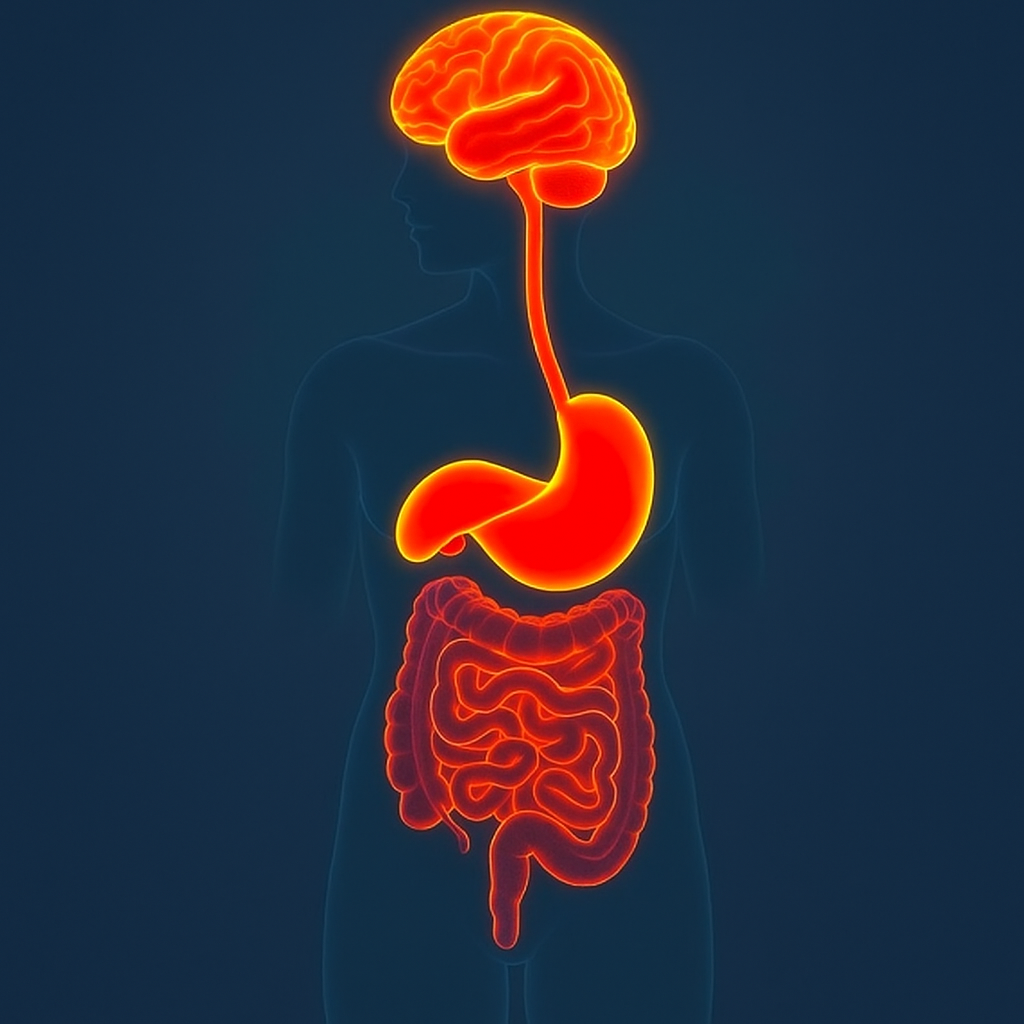The human digestive system is a complex yet fascinating network designed to break down food and absorb nutrients. At the heart of this process are digestive enzymes—special proteins that speed up chemical reactions and make digestion possible.
But what happens when your body doesn’t produce enough of these enzymes? According to Dr. Barbara O’Neill, one of the first signs of poor digestion is bloating, sluggishness, or undigested food in the stool. Let’s explore how digestive enzymes work and how you can support your gut health naturally.
What Are Digestive Enzymes?
Digestive enzymes are biological catalysts that break down large food molecules into smaller ones so the body can absorb nutrients efficiently.
The 4 Main Digestive Enzymes and Their Functions:
| Enzyme | Function | Found In |
|---|---|---|
| Amylase | Breaks down starch into sugar | Saliva & pancreas |
| Protease | Breaks down protein into amino acids | Stomach & pancreas |
| Lipase | Breaks down fat into fatty acids | Pancreas |
| Lactase | Breaks down lactose (milk sugar) | Small intestine |
Natural Sources of Digestive Enzymes
According to Dr. O’Neill, the best enzymes come from raw, living foods. Cooking at high temperatures destroys many enzymes, making raw fruits and vegetables critical for enzyme intake.
Digestive Enzyme Food List:
- Pineapple – contains bromelain (protein-digesting)
- Papaya – contains papain
- Mango, Kiwi – rich in various fruit enzymes
- Sprouted seeds and raw vegetables – stimulate stomach acid and digestive juices
Digestive Enzyme Supplements: When to Use Them
If your digestive system is sluggish or you’re dealing with issues like bloating, gas, acid reflux, or leaky gut, enzyme supplementation may help.
Common Digestive Enzyme Supplements:
- Digestive enzyme tablets
- Digestive enzyme syrups
- Capsules with amylase, protease, lipase, and bromelain
Dr. Barbara O’Neill emphasizes using enzymes temporarily, while healing your gut with the right diet.
Digestive Enzyme Side Effects
Most enzyme supplements are safe, but side effects may occur if misused or overused:
- Nausea
- Diarrhea
- Abdominal discomfort
- In rare cases: liver strain or allergic reactions
If you experience any issues, always consult a healthcare provider.
Do Digestive Enzymes Help Gut Health?
Yes! Here’s how:
1. Enhanced Nutrient Absorption
Enzymes break down food more completely, increasing bioavailability of nutrients.
2. Reduced Gut Inflammation
Improper digestion leads to fermentation in the gut. Enzymes reduce this, relieving symptoms like bloating and gas.
3. Support for Leaky Gut and IBS
By reducing undigested food particles, enzymes can reduce triggers for intestinal permeability and irritable bowel syndrome (IBS).
Are Digestive Enzyme Supplements Effective?
Many people report noticeable improvement in:
- Digestion speed
- Bowel movement consistency
- Reduced acid reflux and bloating
Best Natural Digestive Enzymes:
Dr. Barbara O’Neill recommends papaya enzymes, raw fruits, and bitter greens over synthetic products when possible.
Digestive Enzymes List & Uses in Simple Terms
| Enzyme | Breaks Down | Converts Into |
|---|---|---|
| Amylase | Starch | Simple sugars (like glucose) |
| Protease | Proteins | Amino acids |
| Lipase | Fats | Fatty acids + glycerol |
| Lactase | Milk sugar | Glucose + Galactose |
How to Support Digestive Enzyme Production Naturally
Here are Dr. O’Neill’s top tips:
Eat Bitter Foods
Bitters like dandelion greens, arugula, and ginger stimulate digestive juices.
Eat Slowly and Mindfully
Chewing thoroughly mixes food with amylase-rich saliva.
Avoid Overeating and Snacking
Give your digestive system time to rest and reset.
Digestive System Wisdom from Natural Healers
Traditional medicine systems (like Neem Hakeem) often emphasize:
- Herbal bitters for liver and digestive support
- Fermented foods to enhance enzyme activity
- Plant-based remedies like fennel, caraway, cumin, and licorice root
Conclusion: Are Digestive Enzymes Worth It?
Digestive enzymes can transform your gut health, especially if you:
- Eat processed or cooked food often
- Experience digestive discomfort
- Struggle with nutrient absorption
But supplements aren’t a long-term fix. According to Dr. Barbara O’Neill, true healing starts with:
✅ Natural, enzyme-rich foods
✅ Hydration
✅ Restorative lifestyle habits
Let your gut heal naturally, and the enzymes will follow


